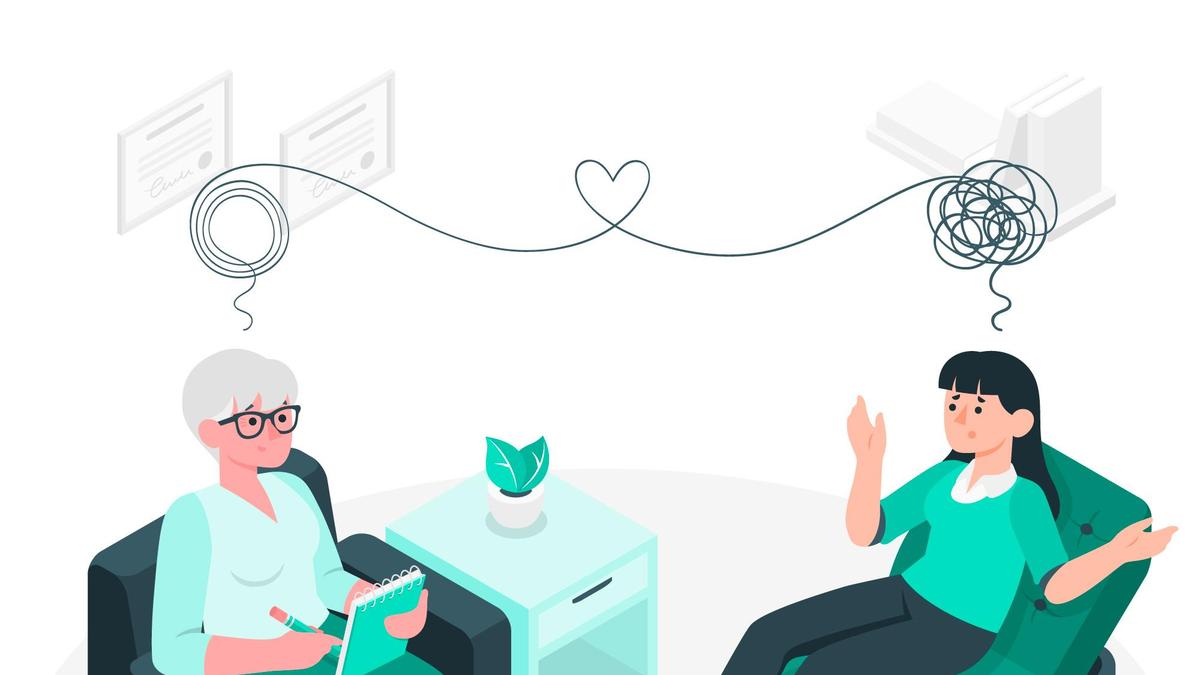
Rising heartbeat, breathlessness, shaking, and sweaty palms—many of you might have experienced these when a teacher asks you a random question or when you are on stage for public speaking. While it could be occasional fear or anxiousness, if it goes beyond certain situations and starts interfering with your daily life, relationships, and wellbeing, it might be a sign of anxiety disorder. Now, what is anxiety disorder, and how do we understand what’s happening to us without typing out your symptoms to Google or ChatGPT? Well, anxiety disorder is one of the most common mental health conditions, affecting millions of people worldwide.
Anxiety disorders are characterised by excessive fear, nervousness, and apprehension, which can lead to physical and emotional distress. Unlike normal stress, which may be situational and temporary, anxiety disorders persist over time and can become debilitating. In order to fully understand whether you have an anxiety disorder, it is extremely important to seek professional help through a psychologist and a psychiatrist.

Is it the same for everyone? Anxiety disorders are of various types, and some of them are generalised anxiety disorder (GAD), panic disorder, social anxiety disorder, specific phobias, etc. Anxiety disorders, as mentioned before, can show a wide range of physical, emotional, and cognitive symptoms. These symptoms can vary depending on the specific type of anxiety disorder, but often include physical symptoms like rapid heartbeat or palpitations, breathlessness, dizziness or lightheadedness, sweating and trembling, and gastrointestinal issues where you might experience nausea, diarrhoea, or stomachaches, as well as insomnia or difficulty sleeping.
If any of these symptoms persist for a long time, it is best to consult a psychologist or ask for professional help. Anxiety disorders can significantly impact a person’s quality of life, apart from interference in their daily activities. Chronic anxiety may also contribute to physical health problems, such as high blood pressure, digestive issues, and weakened immune function.
Additionally, individuals with untreated anxiety disorders are often at a higher risk of developing depression and substance abuse disorders as well. The brave art of seeking help Telling someone that you need help when required is one of the bravest things an individual can do, and there are a variety of ways in which you can help yourself through professional aid when it comes to anxiety disorders. - Therapy is one of the most widely used methods to cope with anxiety disorders, as it helps individuals to identify and challenge negative thought patterns through various techniques.
There are different kinds of therapy, like cognitive behavioural therapy, or CBT, psychodynamic therapy, humanistic therapy, etc. - Medications can often help manage anxiety symptoms, along with therapy. A psychiatrist will be able to help you out with understanding whether you need medication and dosage.
- Lifestyle changes such as regular exercise to release endorphins and improve mood, eating a balanced diet rich in essential nutrients, meditation and relaxation techniques, adequate sleep to improve overall mental health, and avoiding caffeine, alcohol, and recreational drugs that can trigger anxiety. These can help in managing your mental health better, especially while seeking help. Published - March 31, 2025 04:03 pm IST Copy link Email Facebook Twitter Telegram LinkedIn WhatsApp Reddit In School / health / mental illness / healthy lifestyle / health treatment.















